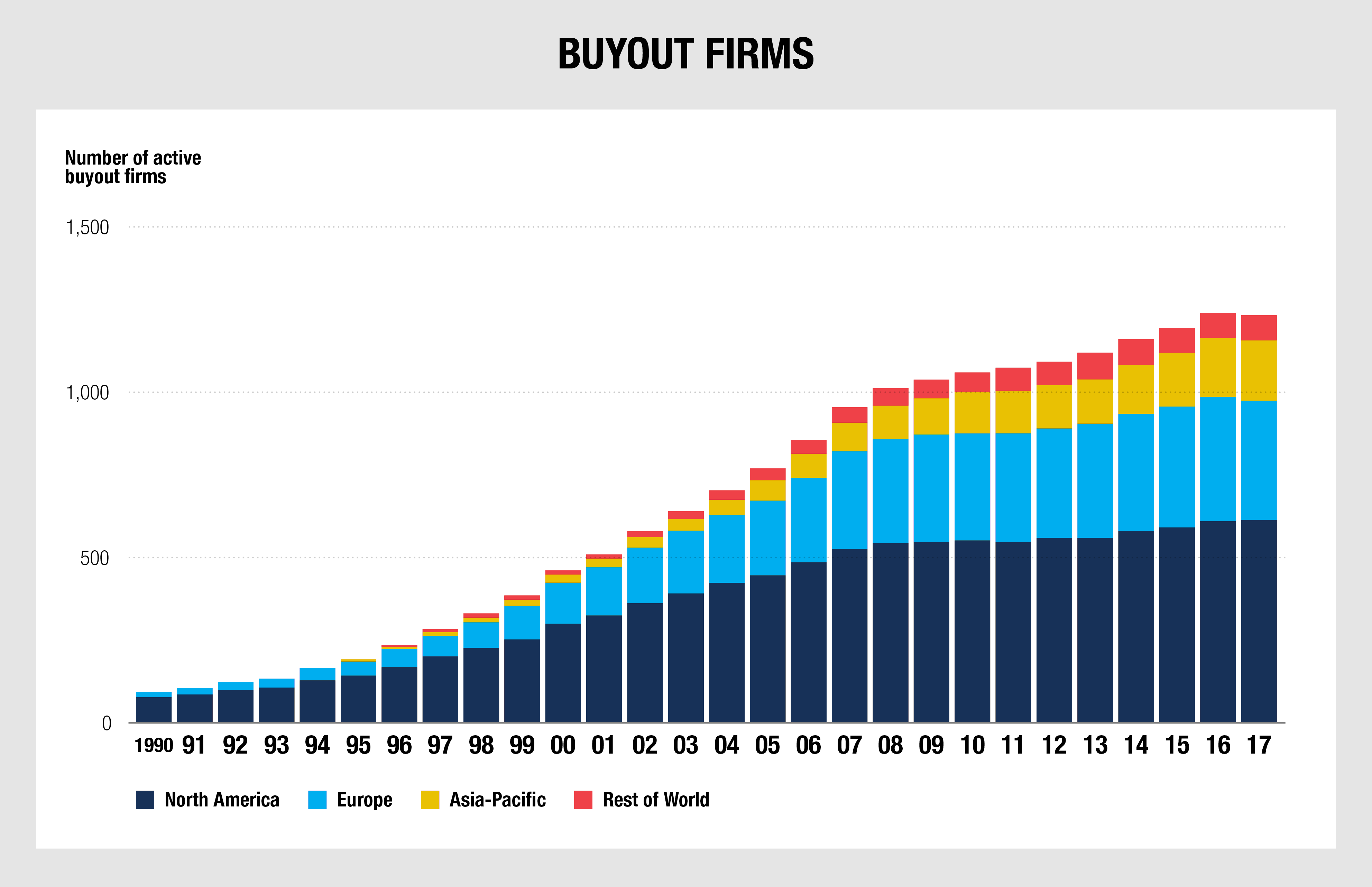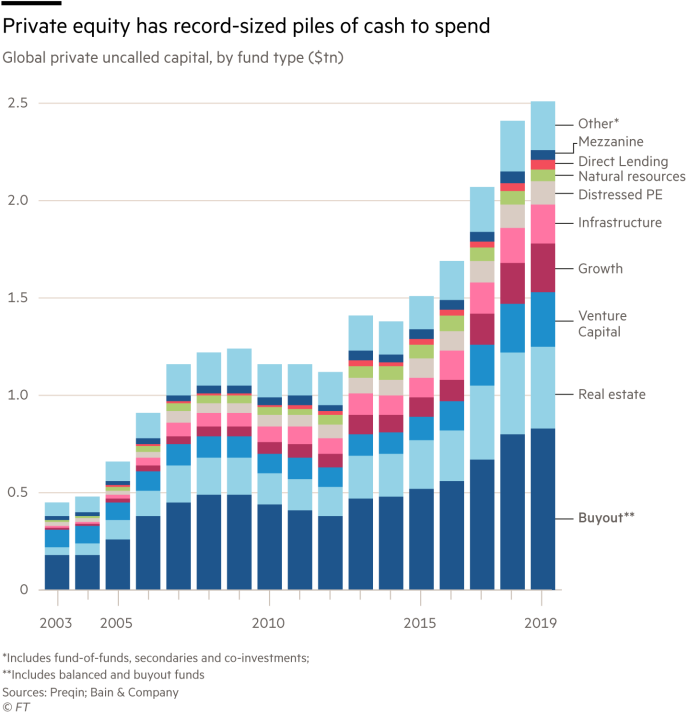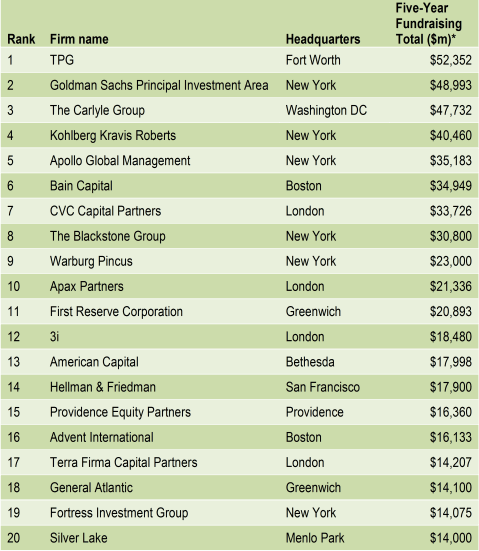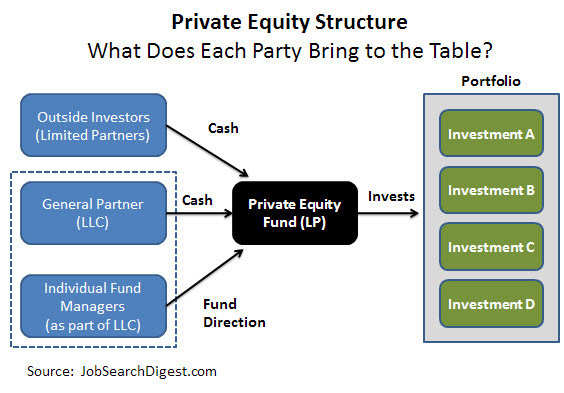Once again, you can mention their strong performance history, nice positioning, fantastic management, and all those success factors that make you desire to join them. You will get benefit points if: – You connected to the PE firm straight without going through headhunters (programs initiatives, credibility) – You get “promoted” by someone working at the firm (alumni, buddy).
– You dealt with a deal with the firm (as a lender or consultant, offered you did well!) – You handled business they believed about buying (bankers and specialists: inspect the all bidders for the deals on your CV!) Private Equity interviews are notoriously challenging and will consist of a mix of fit questions, technical questions, mini cases and investment pitches and brainteasers. Don’t forget to add to your list any interesting PE firm name that you stumble upon. If you get invited to Private Equity interviews, you will often come across Private Equity case research studies. PE case research studies can be notoriously challenging, and need a terrific deal of preparation. While every firm will have different kinds of case research studies, this article aims to provide you an introduction of what you need to be anticipating.


Based upon your analysis you require to propose a final suggestion: should they invest in this business or sector? At what cost? Case studies are terrific due to the fact that they make it possible for the interviewer to examine several aspects of a prospect: The ability to absorb a big quantity of information and focus on what matters The capability to structure your ideas and analysis General organisation acumen Pure “analytical” skills (i (tysdal lone tree).e.
Case research studies can handle a number of kinds, but these are the most typical: 1. Take-home case research studies: The firm will send you a case via email and provide you a few days to finish it, then send it back in a Word file with your Excel design. 2 (denver district court). Mini-cases: at the firm, face to face, as a live discussion.
3. Full-blown cases: At the firm. You are seated in a space with a computer system, offered the case research study, and enabled between one hour to four hours to complete your analysis and Excel model. The components of a case research study are always the same, irrespective of the format: 1. Description of a business and sector.
Financials. These can be a few key products (i.e – investors state prosecutors. income, EBITDA, Capex) or you can get a complete annual report or IM. Based on this info, you should be able to analyse the business, develop an LBO design, and respond to the following concerns: Is the company an attractive financial investment or not? How much should we spend for it? For case study practice please describe our private equity case research study here.

Particular funds can have their own timelines, financial investment objectives, and management philosophies that separate them from other funds held within the same, overarching management firm. Effective private equity companies will raise lots of funds over their life time, and as firms grow in size and intricacy, their funds can grow in frequency, scale and even uniqueness. To find out more about securities exchange commission and also - visit his blogs and -.
Tyler Tysdal is a lifelong business owner helping fellow entrepreneurs offer their service for optimum worth as Managing Director of Freedom Factory, the World’s Best Business Broker located in Denver, CO. Freedom Factory assists entrepreneurs with the greatest deal of their lives.
We broke down the list in “generalist” funds that cover all sectors across difference locations, “sector professionals”, “particular region-focused” funds and finally Private Equity funds within financial investment banks. Keep in mind that the list below covers only the significant funds and doesn’t include venture capital funds and other Private Equity funds that have less than 500 countless possessions under management.
Private Equity – Blackstone
Apax.com) Bain Capital (www.baincapital.com) CVC Capital Partners (www.cvc.com) Cinven (www.cinven.com) Apollo Management (www.agm.com) 3i (www. 3i. com) Warburg Pincus (www.warburgpincus.com) Terra Firma (www.terrafirma.com) Hellman & Friedman (www.hf.com) General Atlantic (www.generalatlantic.com) Charterhouse Capital Partners (www.charterhouse.co.uk) Sun Capital Partners (www. SunCapPart.com) BC Partners (www.bcpartners.com) Bridgepoint Capital (www.bridgepoint.eu) Doughty Hanson & Co (www.doughtyhanson.com) TA Associates (www.ta.com) Development International (www.adventinternational.com) Clayton, Dubillier & Rice (www.cdr-inc.com) Barclays Private Equity (www.bpe.com) Duke Street Capital (www.dukestreet.com) Eurazeo (www.eurazeo.com) GI Partners (www.gipartners.com) HIG Capital Europe (www.higeurope.com) IK Financial Investment Partners (www – investment fund manager.ikinvest.com) Phoenix Equity Partners (www.phoenix-equity.com) Rhone Group (www.rhonegroup.com) Silverfleet Capital Partners (www.silverfleetcapital.com) Hg Capital (www.hgcapital.com) PAI Partners (www.paipartners.com) Cerberus Capital (www.cerberuscapital.com) Star Capital (www.star-capital.com) Montagu Private Equity (www.montagu.com) Omers Private Equity (www.omerspe.com) Arle Capital (www.arle.com) Vista Equity Partners (www.vistaequitypartners.com) Capvest (www.capvest.co.uk) Pamplona Capital Partners (www.pamplonafunds.com) Elecktra Partners (www.electrapartners.com) Inflexion Private Equity (www.inflexion.com) Providence Equity Partners (www.provequity.com) Silver Lake Partners (www.silverlake.com) Summit Partners (www.summitpartners.com) GMT Communications (www.gmtpartners.com) The Gores Group (www.gores.com) Quadrangle (www.quadranglegroup.com) – Media Veronis Suhler Stevenson (www.vss.com) – Media Lion Capital (www.lioncapital.com) Neo Capital (www.neo-cap.com) J.C.
Tailoiring your CV is a critical part of the application process, because it will be utilized in the various steps that will follow if you are invited for a first round interview. In the UK, Private Equity funds will typically look for the following qualities in your CV: >> Business Judgement >> Strategic viewpoint and understanding >> Interest for investing >> Raw intelligence >> Analytical skills >> Knowledge of finance, accounting and modelling >> Strong communication and social abilities >> Presence of network or potential network, and “pedigree” >> Leadership and maturity Therefore, to be welcomed for a preliminary interview, you require to bring out each of those qualities on your resume.
– The large private equity funds (with $1bn or more in asset under management) such as Goldman Sachs PIA, Morgan Stanley Private Equity, Blackstone, Carlyle, and so on will tend to concentrate on your LBO modelling skills. This is especially real for private equity funds with groups composed of ex-bankers so check their websites and you’ll know what to anticipate.
For that reason, revealing a mutual understanding of the rationale of a transaction is very crucial to them. Anticipate consulting-style case research studies at the interview. – Little and mid-market funds will be more focused on your character and cultural fit with the firm (investors state prosecutors). This is due to the fact that for smaller sized companies, relationships are key and you will be working really close with management teams of prospective target and portfolio business.


Be careful nevertheless, trading and choosing stock is not what private equity companies do, they are looking at the long term, so do not point out that you belong to a Sales and Trading Club.- Any leadership positions you’ve had is a strong favorable as it reveals leadership, maturity, great social skills and ambition.- Lastly, do not mention anything that is irrelevant (i – impact opportunities fund).